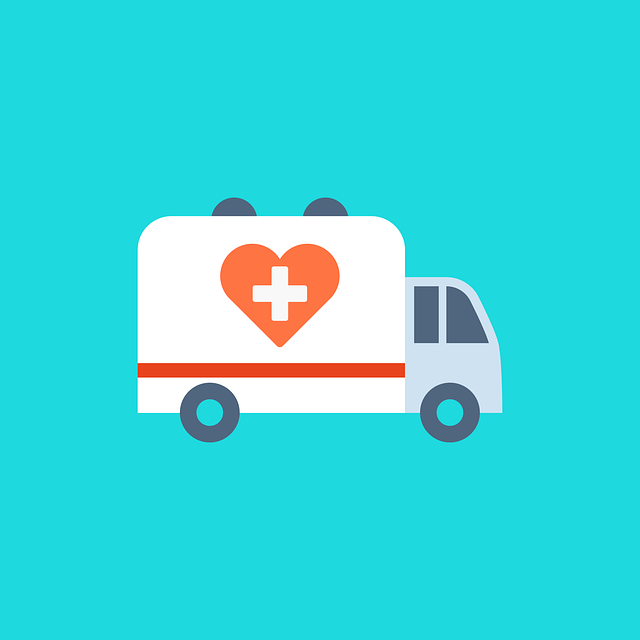As the delivery models in the health care system are further developed for the sake of expanding access to care and improving health outcomes, it undergoes changes in response to rising chronic illness loads and health care expenditures. Among such changes are mobile health shelters meant to bring care to the community.
According to studies, mobile health shelters are effective at reaching vulnerable people by providing services directly to the curb in high-need areas and being flexible enough to adjust their services according to the target community’s requirements.
What Are Mobile Health Shelters?
These are mobile medical examination rooms that include a full-service doctor’s office and laboratory equipment. This vehicle-based health care may either be owned by a health system or be a stand-alone entity. It involves medical professionals going to areas or regions with insufficient access to health care and assisting patients accordingly.
Benefits Of Mobile Health Shelters
Here are several ways mobile health shelters prove to be advantageous to the communities they serve:
- They Offer Affordable Or No-Cost Health Care Services
There are a variety of medical access challenges threatening the health of low-income, uninsured patients suffering from homelessness or struggling with substance use disorders. Due to their marginalization, these populations may struggle to navigate the medical system, harbor mistrust of medical establishments, lack the social support necessary to see a doctor, or be unable to access health insurance.
When mobile health clinics were first introduced, those individuals needed health care but couldn’t pay for it. Portable medical shelters and mobile field hospitals then began closing gaps in health care coverage for patients such as migrant workers and low-income citizens.
- They Provide A Safe Environment
Mobile health shelters offer a safe environment to those who are sick or injured. When people feel safe, they’re more likely to seek treatment when they need it. Mobile clinics are also staffed with professionals trained to handle emergencies. When someone’s hurt in the shelter, they know how to efficiently provide medical solutions. This reduces the patient’s stress levels and allows them to feel confident about using mobile health services.
- They Are Highly Accessible
Portable medical shelters can provide primary and diagnostic health care closer to people’s homes, regardless of whether they reside in cities, townships, informal settlements, or rural regions. The versatility of a mobile unit guarantees that no citizen is left without access to health care.
- They Impact Population Health Through Key Services
Social determinants of health have a significant impact on the general well-being of geographically close populations. Mobile health shelters provide important services such as preventive health screenings, vaccinations, chronic disease management, and urgent care regardless of a patient’s circumstances. They can help address the issues in providing health care to regions in most need. They may even be sent to areas affected by natural disasters or other crises when conventional medical facilities are inaccessible or overcrowded.
- They Can Reach Out To High-Risk Patients
Mobile health shelters have assisted health care organizations in striving to eliminate health care inequalities, raise awareness of the socioeconomic determinants of health, and push for value-based care.
A significant percentage of high-risk patients who need medical care has been given reliable and accessible health care. Mobile health clinics make it simpler for patients to get the correct treatment. This medical initiative has resulted to fewer readmissions, better symptom recovery, and improved quality of life.
- They Can Be Shared By Multiple Communities
Providing inexpensive health care on a community level may be challenging. This is particularly true for rural populations.
Mobile health clinics are undoubtedly the best answer to this double-edged sword. First, many communities may share the infrastructure for these units, thus sharing expenses. Second, mobile clinics provide health care to people in need, including those living in rural and isolated regions.
Conclusion
Given that millions of people are heavily reliant on public hospitals, district and central hospitals frequently have problems providing health care to the public. The most effective option to delivering high-quality, affordable health solutions to all is mobile health shelters. Driving more equality in health by addressing various socioeconomic aspects through portable medical shelters can provide better care quality and better results for every community.
Wayne Vallette [email protected] Wayne Vallette works as a real estate manager who oversees the management of commercial and residential properties. Wayne provides services to his clients by making sure that their properties are in tiptop condition. Wayne shares his experience in real estate management by writing articles online.






Recent Comments